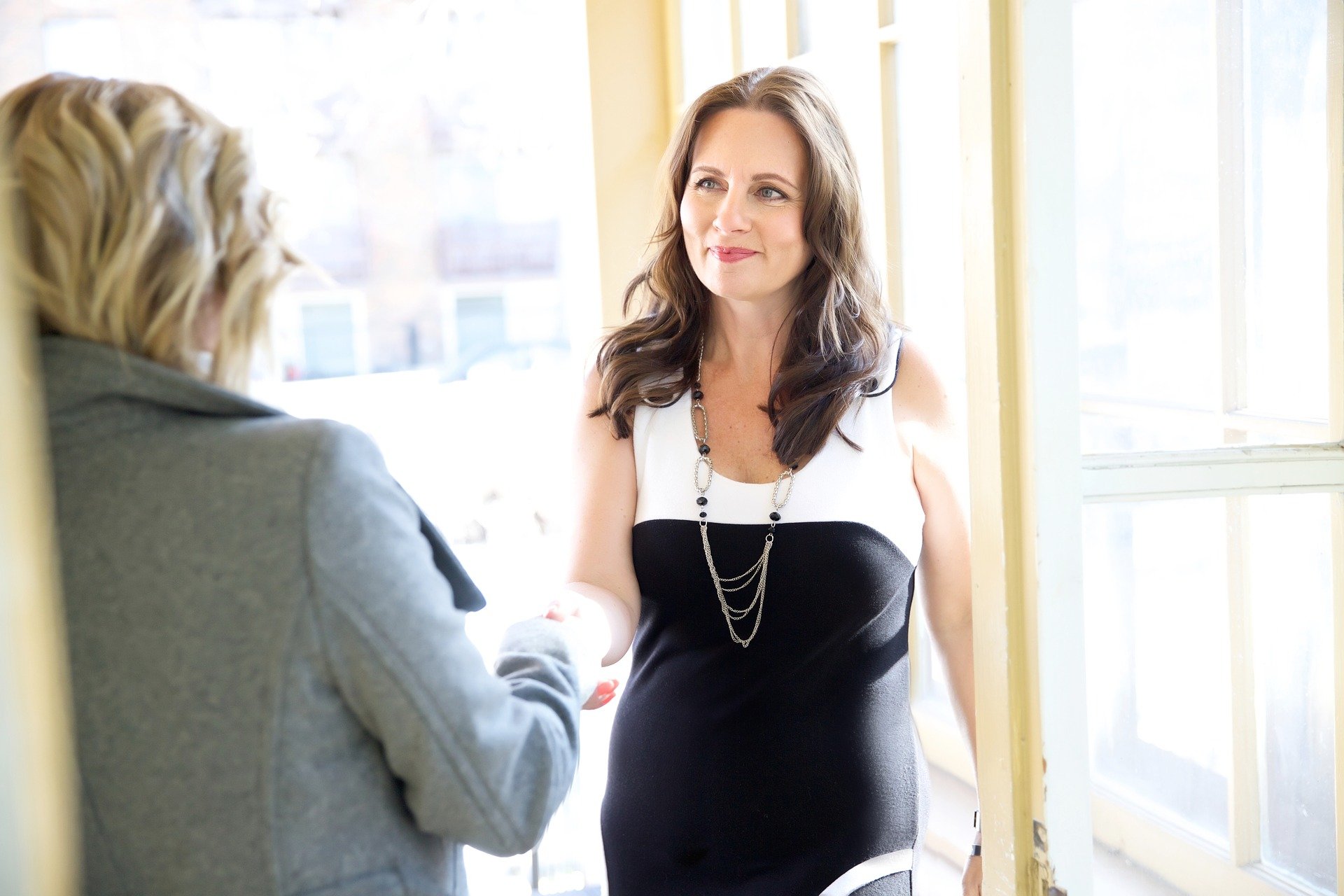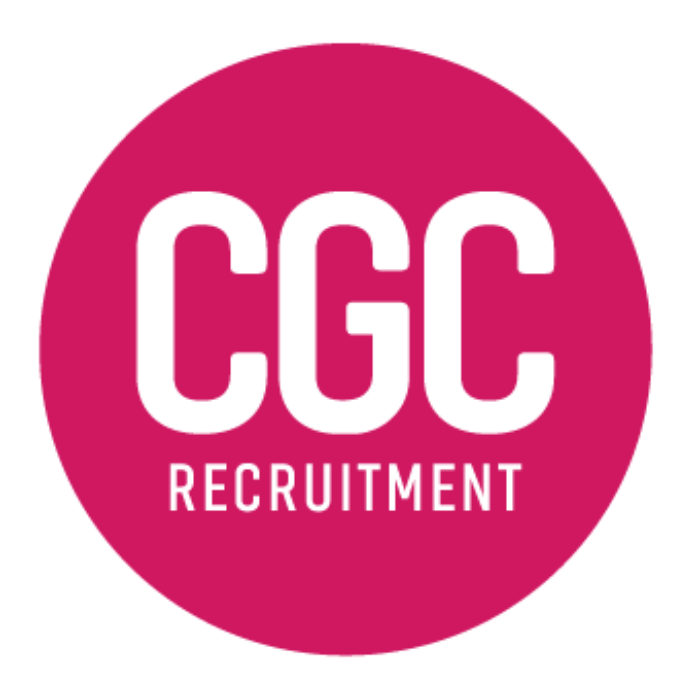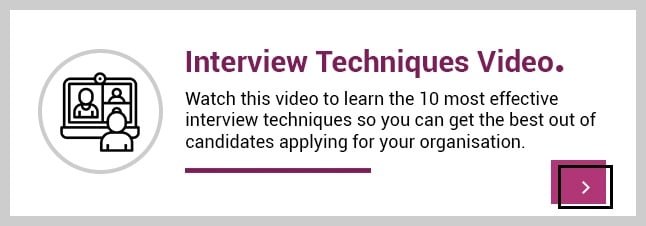Connecting...
People are arguably an organisation's most valuable asset, which is what makes recruitment so important. And of course, at the heart of the recruitment process is the humble candidate interview – something recruiters know a thing or two about.
When we’re talking about attracting 'top talent', it’s a candidate-driven market. Those in high demand aren’t afraid to walk away from a reputable company because of a poor interviewing process. In a candidate experience survey conducted by, CareerArc, 60% of candidates reported having a poor interview experience and 72% of those respondents shared that negative experience. And candidates who are not kept informed about the recruitment process are 3.5 times less likely to re-apply to that business for future positions.

The speed of the requirement process is also very important. Forbes.com estimates that on average, top candidates are off the market within ten days yet the average hiring process for companies is around a month.
This means that regardless of how highly you believe your employer brand ranks in the market, if you don’t run an effective and efficient interview process, you’ll lose the best candidates to competing employers.
7 recruiter tips to run the perfect candidate interview
Recruitment businesses have a huge amount of experience with interviews. On average a good recruiter will interview 10-20 candidate’s a week, so even junior consultants have a good understanding of what candidates do and do not value.
In this blog and based on registering we’ll provide some tips and tricks on how to conduct the perfect candidate interview.
1. How to find the perfect fit
You need to know exactly what you are looking for ahead of the interview, with a well thought out job description that covers activities, measures, experience, qualifications, KPIs (key performance indicators), etc. Good candidates want to know how you will measure suitability and success within the role.
Whilst some of these factors will be metrics-based, some will be more intangible and come down to finding a candidate that is a good cultural fit. It is important to find out whether your company’s mission and values resonate with a candidate’s values. So, know your own culture and the fit of candidates.
2. Do your research
How can you expect to ask the right questions if you haven't studied a candidate's resume/CV sufficiently? Candidates can spend around 3-4 hours submitting an application and preparing for an interview, whereas interviewers can spend as little as 15 minutes reviewing their application.
Try to identify the questions which will reveal suitability for the role, based on what the individual has done previously. And don't forget to check a candidate's social media channels to get another perspective on them.
3. Follow a flexible process
An interview is best approached as a professional conversation, so try to encourage a flow and don’t interrogate candidates. Remember that whilst you may be interviewing the candidates, they are assessing the corporate culture based on this interaction. Spend enough time to make people feel comfortable, be engaging, provide closure, and don’t exert too much pressure!
4. Invite questions
These can tell you a lot about how a candidate views the role, their ambitions, and driving motivations. For example, are they serious about the role? Is remuneration a key factor? What expectations do they have? And… if they don't ask any questions, it could be a red flag.
5. Experiencing the brand
Many candidates want to see and experience the brand, from the reception to the meeting rooms, and the breakout areas to the office floor. It can be a really important factor in their decision making, so, within reason, show them around and give them takeaways from the meeting.
The flip side to this is a Candidate may be at pains to be on their best behaviour, and you won’t get an accurate reflection of who you’ll be working with. So, at some point during the process, consider taking your candidate out of the office to see how they interact. Management consulting firm Grant Thornton invites final candidates to a cooking class, for example. Choose an activity that really aligns with your company culture to see how your candidate will fit in.
6. Virtual interviews
In the wake of the global pandemic, social distancing, and generally more teams working from home/remote locations, virtual interviews are becoming more commonplace. So, how do hiring managers and HR professionals get the most out of candidates during a virtual interview? Read our “”, blog to find out more.
7. Urgency
If you are 90 per cent sure you have found the right person for the job, move swiftly. There is nothing wrong with scheduling the follow-ups back to back, or asking colleagues to meet the candidate there and then. Giving an interview process time can give you the chance to reflect and see more people… but it can also mean you lose the best candidate.
Getting interview support
Many companies use recruitment businesses, like CGC Recruitment, to improve their search, selection, and hiring outcomes. As a specialist consultancy, we can help clients find the best candidates across the construction, infrastructure, engineering, and architecture sectors, at all levels.
For a confidential discussion, get in touch with CGC and talk with one of our experienced consultants.
Downloadable recruitment resources
At CGC we’re pulling together recruitment resources to help clients and candidates. If you’d like to download CGC’s Interview techniques, hit the button below.











